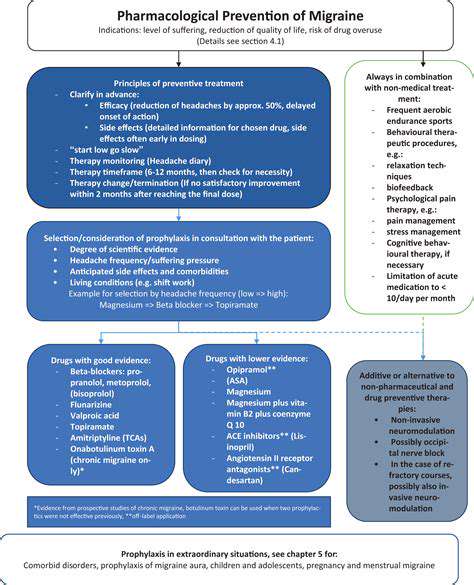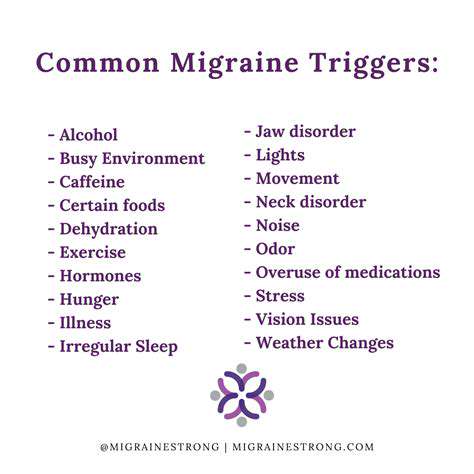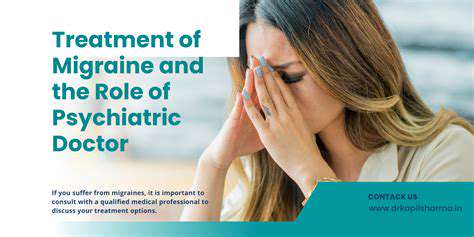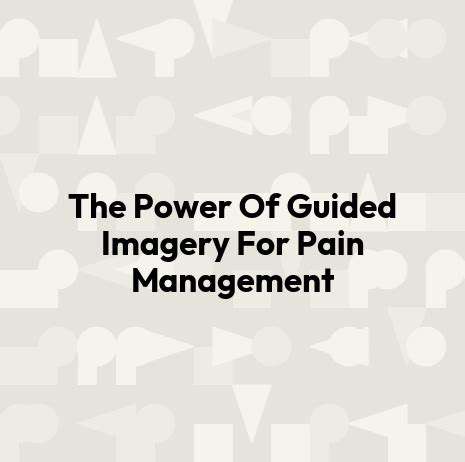When is a Headache a Medical Emergency? Red Flags to Watch For
Headaches Triggered by Trauma: A Need for Immediate Evaluation
Understanding the Link Between Trauma and Headaches
Headaches can be a debilitating experience, and while many are benign, some headaches are a clear sign of a more serious underlying issue, particularly when triggered by a traumatic event. Recognizing the connection between trauma and headaches is crucial for prompt diagnosis and treatment. Understanding the physiological responses to trauma, like stress hormones and altered blood flow, can help illuminate the pathways through which a traumatic event might manifest as a headache.
Trauma can trigger a cascade of physiological reactions in the body, affecting the nervous system and potentially leading to various types of headaches. Recognizing these connections is vital for distinguishing between simple headaches and those requiring immediate medical attention.
Identifying Different Types of Trauma-Induced Headaches
Trauma can manifest in various forms, and the resulting headaches can vary depending on the nature of the incident. Physical trauma, such as a car accident or a fall, can lead to headaches due to direct head injury or whiplash. Emotional trauma, such as the loss of a loved one or a significant life event, can also trigger headaches. These emotional responses can create significant stress and tension, which can then manifest as headaches.
Post-traumatic stress disorder (PTSD) is another significant factor to consider. Individuals with PTSD often experience chronic headaches as a symptom of the underlying condition. Understanding the different types of trauma and their potential link to headaches is essential to ensure appropriate diagnosis and treatment.
Symptoms That Warrant Immediate Medical Attention
While some headaches are a normal part of life, others signal a more serious underlying condition. If a headache is accompanied by other symptoms like fever, stiff neck, confusion, weakness, or vision changes, it's crucial to seek immediate medical attention. These symptoms could indicate a more serious condition like meningitis, a brain bleed, or other life-threatening conditions.
Sudden, severe headaches, especially those occurring after a head injury, require immediate evaluation. Don't delay seeking medical help if you experience such a headache. Prompt medical intervention is crucial in these situations to prevent potential complications and ensure a safe and effective recovery process.
The Role of Timing and Severity in Evaluation
The timing of a headache following a traumatic event can be a crucial factor in determining its cause and severity. A headache immediately after a fall or a blow to the head should be treated as an emergency. However, headaches that develop hours or days later can also signal a need for evaluation, depending on their intensity and accompanying symptoms.
The severity of the headache is another important factor. A persistent and intense headache, especially if it's accompanied by other concerning symptoms, demands immediate medical attention. Don't hesitate to seek help if you're concerned about the severity or duration of your headache.
Seeking Professional Medical Advice and Diagnosis
If you experience a headache after a traumatic event, it's vital to seek professional medical advice. A healthcare provider can properly assess the situation, evaluate potential causes, and recommend the most appropriate course of action. They can distinguish between benign headaches and those requiring urgent medical intervention.
Don't hesitate to discuss your concerns and symptoms openly with your healthcare provider. Providing a detailed account of the incident, symptoms, and any other relevant information will enable the healthcare professional to make an accurate diagnosis and recommend the most effective treatment plan.
Managing and Preventing Future Headaches
Once a diagnosis is made and treatment begins, it's important to focus on managing and preventing future occurrences of trauma-induced headaches. This may involve lifestyle modifications, stress management techniques, and the use of prescribed medications. Following a healthcare provider's advice is crucial for a successful outcome.
Implementing strategies to mitigate stress and promote overall well-being can also help reduce the likelihood of future headaches. This might involve techniques like mindfulness, meditation, or regular exercise. Consistent self-care plays a vital role in managing and preventing headaches, particularly after experiencing trauma.








